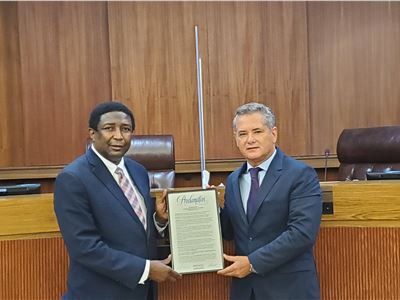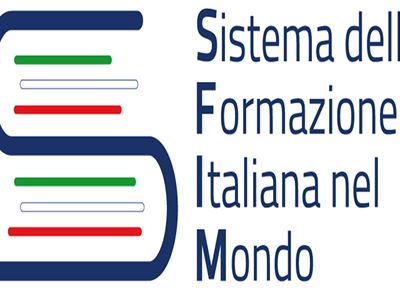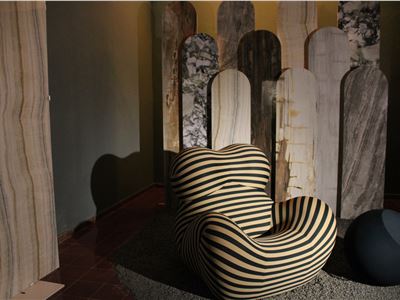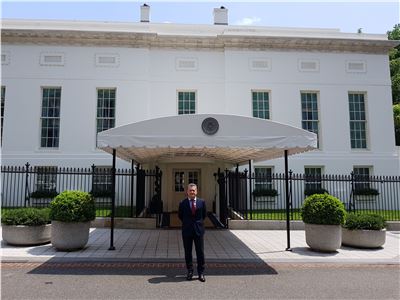Cambridge University Press (CUP) has blocked online access to certain journal articles in China at the government’s request, as Beijing reins in academic freedom.
Their removal was revealed when an email purportedly written by its editor, Tim Pringle of the University of London, was posted on Twitter this week.
Pringle states in the undated email to the journal’s editorial board that more than 300 sensitive articles had been pulled at the recent request of China’s General Administration of Press and Publication, saying CUP blocked the material to avoid having the site shut down.
“Most articles and reviews included in the list are about Tiananmen, the Cultural Revolution, Tibet, Xinjiang, Hong Kong, Taiwan etc, and they range from material published in the last months right back to the 1960s,” the email said.
It also said that a similar request had been made a few months ago concerning more than a thousand e-books published by CUP. It was not clear whether the publisher had also complied with this request.
Chinese writers steer path round censors to earn cash through apps
This latest example shows the broad scope of Chinese censorship, with universities under increasingly tight ideological control since President Xi Jinping called for them to ensure orthodox Marxism dominates the minds of academics and students.
In the past, China’s top universities have often been at the forefront of social and political change. Students from Peking University were prominent in the pro-democracy movement and protests at Tiananmen Square in 1989, but now most Chinese students are unaware of this history.
Ethnic tensions in Xinjiang and Tibet as well as the democracy campaign in Hong Kong have also been sensitive topics in recent years.
CUP – the world’s oldest publisher, founded in 1534 – confirmed that journal content had been removed from the website in China, saying it complied with “an initial request to remove individual articles to ensure other academic and educational materials we publish remain available to researchers and educators in this market”.
China’s Xi Jinping wants both academic excellence and tighter grip on campuses. Go figure
“Freedom of thought and expression underpin what we as publishers believe in, yet Cambridge University Press and all international publishers face the challenge of censorship,” according to the CUP statement, adding that censorship in China was a long-term issue. “There are many things we can’t control but we will continue to take every opportunity to influence this agenda.”
It said other publishers “have had entire collections of content blocked in China until they have enabled the import agencies to block access to individual articles”.
CUP also said it was “troubled by the recent increase in requests of this nature” and it planned to meet the relevant agencies at the Beijing International Book Fair next week to discuss its position.

An employee of US-based LexisNexis said its service had been shut down in mainland China since March because it refused to comply with similar requests from the authorities to protect the integrity of its global database. Now, mainland Chinese users must use a virtual private network to access academic journals on LexisNexis.
“We can’t just mess up our database because of an individual nation’s requests,” the staff member, who is based in Hong Kong, said.
Steve Tsang, director of the SOAS China Institute at the University of London, where China Quarterly is based, said censorship of the journal is “disappointing and regrettable” and that “it is the only China-focused journal that is subjected to such treatment, at least up to now”.
The General Administration of Press and Publication could not be reached for comment.
Additional reporting by Jun Mai










































